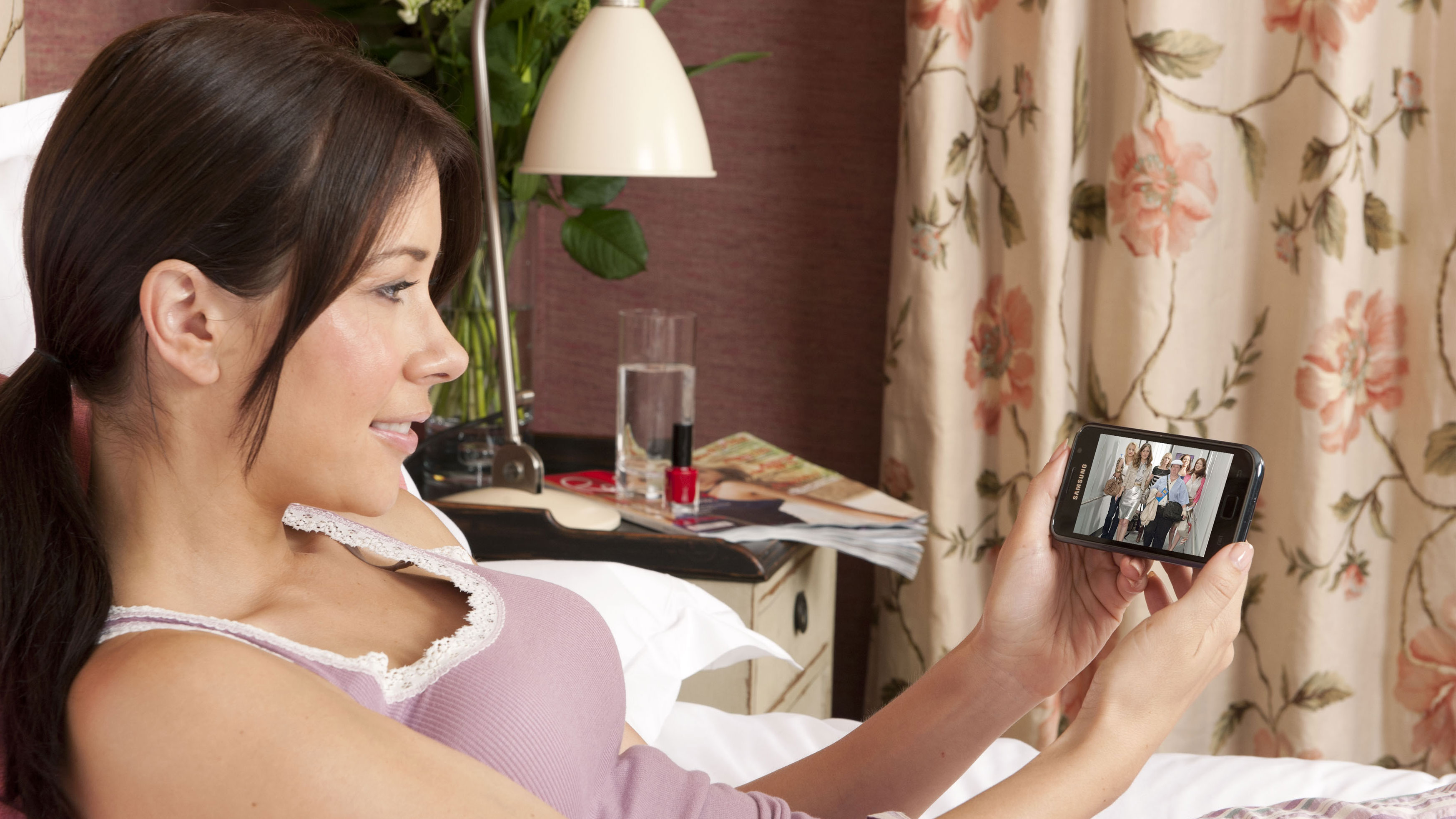4G in the UK: what the decision means for the consumer
How can Everything Everywhere do this?

4G speed equals superfast mobile data. But why will it only be available on two networks initially?
Ofcom's decision to make 4G available sooner sounds like a great thing, meaning businesses and consumers will be able to get access to speeds of around 20Mbps on average through their phone, tablet or dongle.
However, it's taken a really long time to get any kind of launch date for the new service in the UK, primarily because the networks have been fighting to make sure they get the slice of the pie they think they deserve.
The UK's 4G will operate over a number of different frequencies, but the main ones are likely to be 800MHz (which was liberated from the analogue TV signal), 2.6GHz and 1800MHz.
However, deciding who gets to use which section and how much is the subject of much debate: an auction will be held to sell off the 800MHz and 2.6GHz frequencies, although this event has been delayed repeatedly through networks having very different opinions on the way it has been conducted.
Everything Everywhere 4G
This has led to Everything Everywhere, the parent brand of Orange and T-Mobile, to ask if it can re-purpose the vast amounts of 1800MHz spectrum (currently used for voice and calls) for use as 4G – something that no other network can do.
The reason for this is that Everything Everywhere has loads of that spectrum, but O2 and Vodafone have very little at 1800MHz, so it has to keep using it for voice and text.
Get daily insight, inspiration and deals in your inbox
Sign up for breaking news, reviews, opinion, top tech deals, and more.
This is what Ofcom has granted, and it has upset the likes of O2 and Vodafone as it means both Orange and T-Mobile will roll out 4G devices from the end of 2012 – initially for dongles and the like, but this will ramp up to phones and tablets in 2013.
The spectrum auction will only have just started then, meaning competitor networks won't be able to get their super-fast services up and running until the end of the year, giving Everything Everywhere a clear advantage by months.
'Shocking' decision
Ofcom thinks this won't be a problem, but it hasn't stopped the likes of Vodafone branding the decision 'shocking' as it seeks to improve its standing in the forthcoming auction.
Three is trying to get on board with the 1800MHz area as well, as it's reportedly in 'advanced talks' with EE to get its hands on a chunk of that frequency - this morning's decision means it can start rolling out 4G as well should the sale go ahead.
However, it's not as simple as 'we have 4G and you don't'. While faster speeds are available through the 1800MHz band, the frequencies up for auction are more widely used worldwide, which means more devices running 2.6GHz or 800MHz, which in turn will make them cheaper to stock.
Multiple variants
The problem for consumers is we'll be in a similar situation to that seen in the early days of mobile phones: buying a phone on O2 means you'll only be able to use it on its (and maybe Vodafone's) network. That means we'll need to have multiple variants of each handset again, which could mean longer delays to get the likes of the Galaxy S4 on Orange compared to O2, or vice versa.
Everything Everywhere is hoping for a competitive advantage with today's announcement, being the first to deploy 4G and becoming the big cheese in data speeds – but if the new iPhone doesn't come in an 1800MHz flavour then that will severely dent the popularity of the service.
It's good news for the consumer, and that's really what matters – but don't think it's going to be plain sailing for everyone to get super speedy mobiles in their pockets just yet.

Gareth has been part of the consumer technology world in a career spanning three decades. He started life as a staff writer on the fledgling TechRadar, and has grew with the site (primarily as phones, tablets and wearables editor) until becoming Global Editor in Chief in 2018. Gareth has written over 4,000 articles for TechRadar, has contributed expert insight to a number of other publications, chaired panels on zeitgeist technologies, presented at the Gadget Show Live as well as representing the brand on TV and radio for multiple channels including Sky, BBC, ITV and Al-Jazeera. Passionate about fitness, he can bore anyone rigid about stress management, sleep tracking, heart rate variance as well as bemoaning something about the latest iPhone, Galaxy or OLED TV.